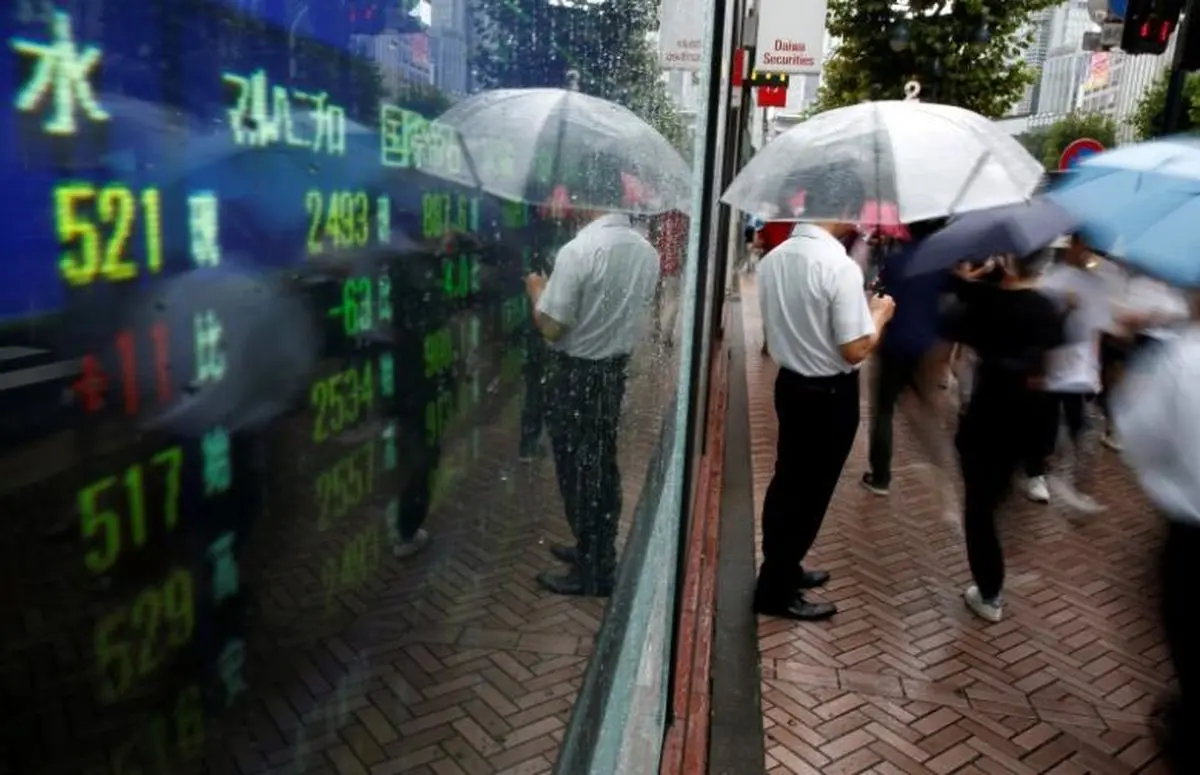Asian markets decline after tariff list news

Trade developments returned to focus during Asian trade on Wednesday, with major markets in the region falling following the release of a list of an additional $200 billion in Chinese goods on which the U.S. is considering imposing tariffs.
The goods on the U.S. government's list would be subject to 10 percent tariffs, according to a statement from U.S. Trade Representative Robert Lighthizer, who said his office will proceed with a public notice and comment period before the levies are officially imposed.
China markets dropped on the back of the news, with the Shanghai composite sinking 2.31 percent in morning trade. The index had closed higher for its third consecutive session on Tuesday after a recent bout of weakness took the benchmark into bear market territory — referring to a fall of at least 20 percent from recent highs — where it currently remains in.
Hong Kong's Hang Seng Index slumped 2.02 percent in early trade, with the materials sector taking the biggest hit in the morning. Financial and information technology stocks dropped more than 2 percent.
Meanwhile, Japan's Nikkei 225 fell 1.74 percent, with losses steepening through the morning as trade-sensitive stocks, such as automakers, mostly dropped: Toyota Motor fell 0.98 percent. Other Japanese exporters also traded lower, with chip-related company Advantest down 2.28 percent and Canon slipping 1.13 percent.
The dollar was a touch softer against the safe-haven yen following the latest tariff news, with the greenback trading at 110.90 at 9:40 a.m. HK/SIN, after trading above the 111 level overnight.
Elsewhere, the Kospi declined 1.13 percent as South Korean exporters took a hit amid broad-based declines. Hyundai Motor declined 2.43 percent and tech heavyweight Samsung Electronics dropped 1.3 percent.
Over in Australia, the S&P/ASX 200 shed 0.66 percent, with the energy, materials and utilities sectors recording the largest declines.
MSCI's index of Asia Pacific shares outside of Japan tanked 1.31 percent in Asia morning trade amid the sharp turn in sentiment on Wednesday.
U.S. stock index futures slipped further following the news. The implied open for the Dow Jones Industrial Average futures was more than 200 points lower at of 8:20 p.m. ET. The implied open for the S&P 500 and Nasdaq were also in the red.
"The problem is, we don't know where this is going in the future. That could hit business investment, it could hit employment creation and it could damage confidence as we're seeing in the financial markets a bit this morning," Erik Norland, senior economist at CME Group, told CNBC's "Squawk Box."
The latest news on the trade front comes after the U.S. tariffs on $34 billion in Chinese goods took effect on Friday, a move against which China swiftly retaliated. U.S. President Donald Trump last week said an additional $500 billion could potentially face tariffs.
On Tuesday, the Dow rose 0.58 percent, or 143.07 points, to close at 24,919.66 — the index's fourth consecutive session of gains. The S&P 500 edged up by 0.35 percent to 2,793.84 and the Nasdaq composite finished higher by 0.04 percent at 7,759.20.
The advance on Wall Street came as corporate earnings season rolled around. Analysts polled by FactSet expected S&P 500 second-quarter earnings to have grown by 20 percent.
END
